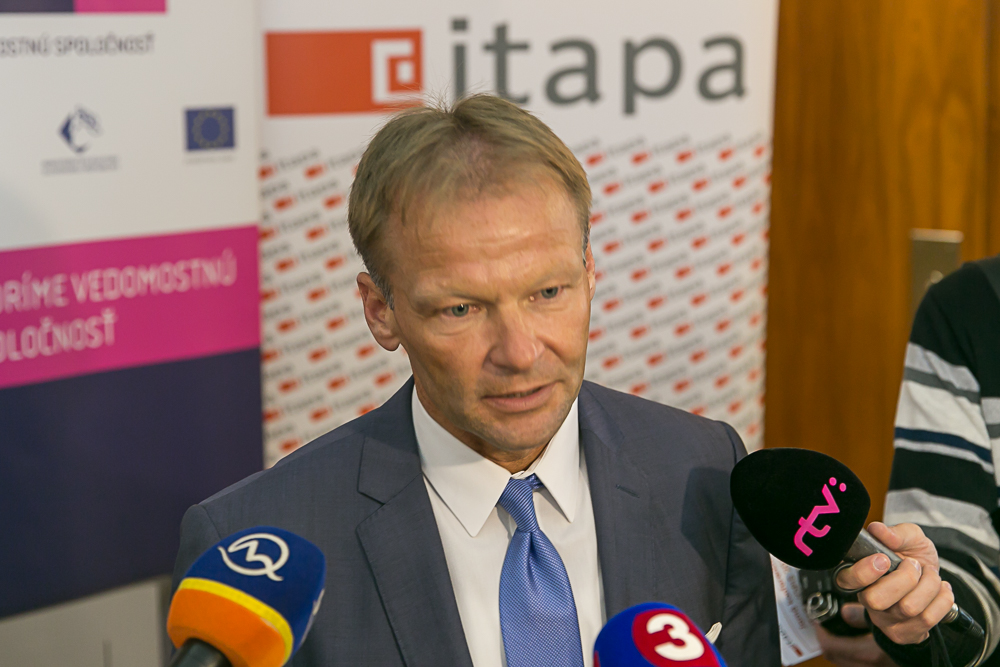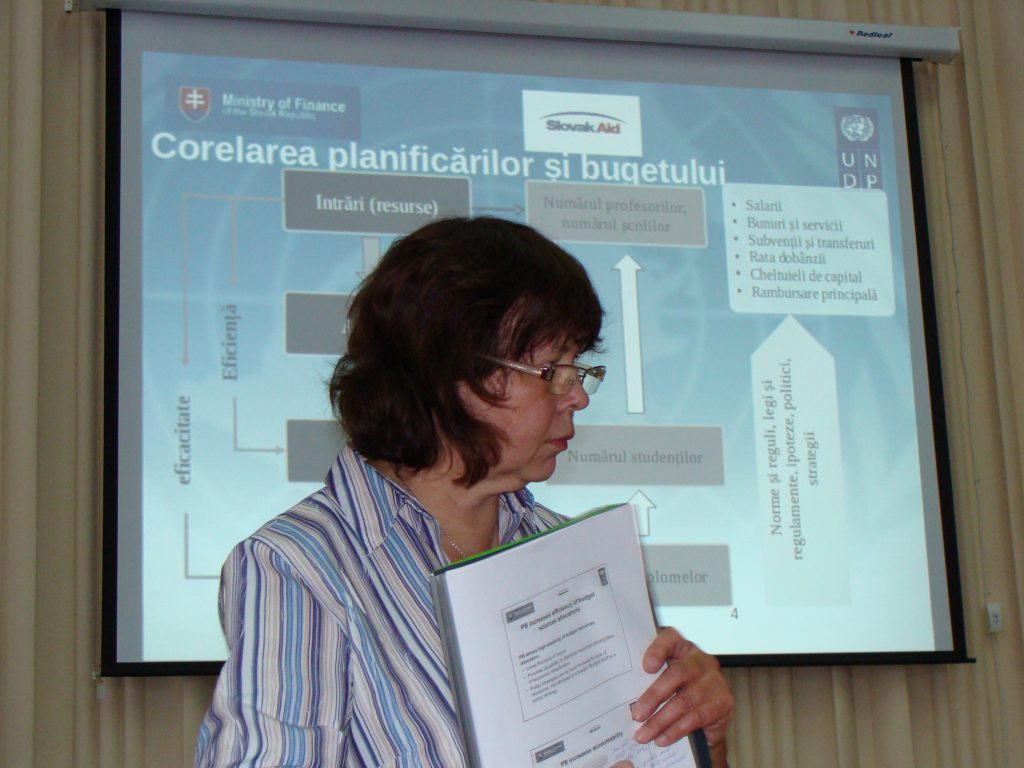Public finance reform is widely regarded as one of the most successful areas in Slovakia’s economic transition. This is proven by the fiscal consolidation realized during the current decade, the reductions in taxation, the ease with which Slovakia was able to meet the Maastricht public deficit and debt criteria for its entry (January 2009) into the Euro Area, the decentralization of public finances, and the alignment of fiscal and social policy reforms.
Former State secretary of the Ministry of Finance of the Slovak Republic (2012-2015) Vazil Hudak clearly said: “Slovakia has undergone several phases of transformation that can be interesting and inspiring for countries from the region outside the European Union. The first stage was, of course, the process of joining the EU and adopting legislation at European scale, setting the whole system of public administration, fiscal and budgetary agendas. The next qualitative step was Slovakia’s accession to the eurozone that could also inspire particular states in their journey towards progress and well-being. From that time period SR can really offer a lot of experiences and knowledge to the partner countries.”
 Former Director of the Department of Development and Humanitarian Assistance (2012- 2014) at Ministry of Foreign and European Affairs of the Slovak Republic Peter Hulenyi said: “After the establishment of the SAIDC agency the cooperation between UNDP and SlovakAid both donors knew what to offer – what they are good at. Slovakia contributed to the partnership with lessons learned from the economic and social transformation, the reforms, institutions’ building and democratization process. UNDP offered well established network of offices, well working implementation mechanism and a team of independent experts. Slovakia has built up a functioning institutional, legislative and strategic framework and in 2013 became a member of the club of the most advanced donors (Development Assistance Committee of OECD).”
Former Director of the Department of Development and Humanitarian Assistance (2012- 2014) at Ministry of Foreign and European Affairs of the Slovak Republic Peter Hulenyi said: “After the establishment of the SAIDC agency the cooperation between UNDP and SlovakAid both donors knew what to offer – what they are good at. Slovakia contributed to the partnership with lessons learned from the economic and social transformation, the reforms, institutions’ building and democratization process. UNDP offered well established network of offices, well working implementation mechanism and a team of independent experts. Slovakia has built up a functioning institutional, legislative and strategic framework and in 2013 became a member of the club of the most advanced donors (Development Assistance Committee of OECD).”
 The public finance reforms introduced in Slovakia sought to rationalize institutional structures, enhance personnel skills, and streamline procedures and decision – making mechanisms. These reforms focused on five main areas:
The public finance reforms introduced in Slovakia sought to rationalize institutional structures, enhance personnel skills, and streamline procedures and decision – making mechanisms. These reforms focused on five main areas:
a) transparency, including tax reform;
b) strategic planning and resource allocation with the introduction of results-based budgeting;
c) definition of a medium term public finance framework;
d) effective debt management and treasury systems; and
e) fiscal decentralization.
Lessons learned from Slovakia will be prepared for all areas of assistance in Program beneficiary countries to share the experience from public finance reforms implemented in Slovakia and to provide recommendations to the beneficiary countries and other transition countries in the region.
The following case studies were prepared by consultants with support from PFD:
Adoption of ESA 95 methodology in the Slovak Republic;
Lecţii învăţate din reformele bugetare în Slovacia (Romanian);
Lessons learned from budget reforms in Slovakia (English);
Lessons learned-Debt and Liquidity Management in the Slovak Republic;
Financial Policy Institute at MoF SR;
Reform of the public sector accounting and reporting in Slovakia;
Sharing Lessons from Public finance management reforms;


